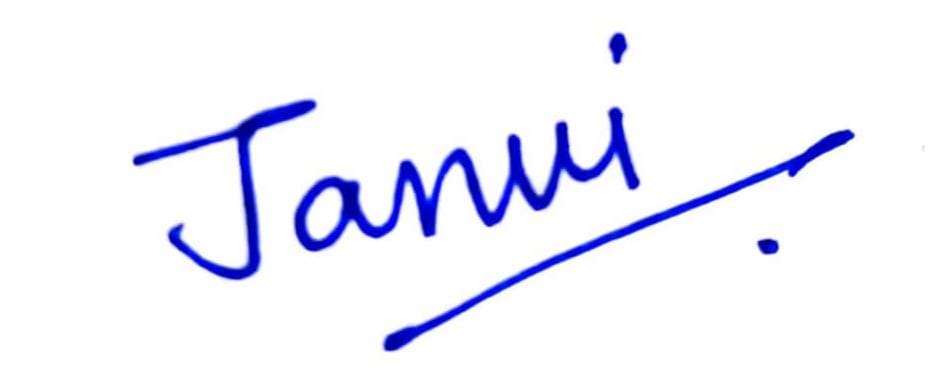
Hey champs! you’re in the right place. I know how overwhelming exams can feel—books piling up, last-minute panic, and everything seems messy. I’ve been there too, coming from the same college and background as you, so I completely understand how stressful this time can be.
That’s why I joined Examopedia—to help solve the common problems students face and provide content that’s clear, reliable, and easy to understand. Here, you’ll find notes, examples, scholars, and free flashcards which are updated & revised to make your prep smoother and less stressful.
You’re not alone in this journey, and your feedback helps us improve every day at Examopedia.
Forever grateful ♥
Janvi Singhi

Give Your Feedback!!
Topic – Manu (Q&A)
Subject – Political Science
(Indian Political Thought)
Theory of Origin of the State by Manu
- Manu’s Theory of Origin of the State ,according to Manu, lord created the king when there was fear due to chaos in the society (state less society).
- King was created by combining the eternal particles of Indra, Pawan, Yama, Sun, Agni, Varun, Moon and Kuber.
- He presented a divine theory of political obligation devised to instruct the subjects to obey the king, and goes as far to claim that even if the king is an infant, he should be respected and revered because he is actually a deity in human form.
- Protection of subject was considered as the primary duty of the king because that was the reason for his creation. He is expected also to protect all castes and order.
- He mentioned inflicting punishment to wrong doers as an important duty of king considering that the threat of punishment was essential to maintain social order. In return the subject were obliged to pay taxes that is used by king for social welfare as well as to build a treasury for difficult times.
- A king who fails in his duties shall go to hell after death.
Important Features of State by Manu
-
Manu also builds an organic theory of the state, i.e., it has seven limbs with specific functions and only when each do their job well, can the state survive and prosper. His theory is also referred as Saptanga theory as it also includes seven elements with minor differences from Kautilya. The seven elements mentioned in Manusmriti include:
- Lord (King)
- Minister
- Capital (Pura)
- Rashtra (kingdom)
- Treasure
- Army (or force)
- Ally
In the Manusmriti version of Saptanga theory, fort and janapada (of Arthashastra) are replaced by pura and rashtra, i.e., capital and kingdom. Presents an organic theory of state.
- King is pivotal to the structure. He is the linchpin who maintains the structure and provides all support.
- Appointment of the ministers is one of the central duties of the king. He used the understanding of Arthashastra to argue that appointing the right minister to the right department is a significant administrative duty and much depends on it for statecraft.
- On the subject of appointment, he suggest of five criterions: tradition,ability, examination, fulfilment of objectives and test of courage.
- Manu considered secrecy as essential for state craft and hence believed that the king should consistently test the loyalties of his staff.
- Unlike Kautilya, Manu held that on policy matters the King should not only hold wider consultations, but stresses that even Brahmans should be included in this deliberation. Clearly, he suggested that administrative role of the king could not be fulfilled without the support of Brahmans.
- Manu also suggested that the king should devolve the power effectively along with providing each department more autonomy and independence. Unlike Kautilya, he also allowed for greater autonomy to core departments like finance and army. In fact, he suggested thathe king should seek advices on his ministers and listen to them objectively.
- Manu opined that power had tendency to make people corrupt. So, he suggested for constant surveillance of administrative officer.
- He firmly asserted that King should behave like a father to the public and as a guardian he was dutybound to improve the lives of his people. At the same time, he was also expected to be most worried about the interests of the needy and the week in society including children, women and the aged.
- He maintained that the King should reflects the characteristics of different animals as and when need be: he must act as a tortoise, who is an expert in protecting its weakest points whenever it senses any threat; he must bear patience like heron and never act in haste; he should have strength like that of lion; he should be opportunist to maximize his national interest just like wolf snatches its prey; and it should be like hare, ever attentive and always very agile, even if it has to retreat form a situation.
- Like Kautilya, Manu also advocated accession of territories to increase influence. He held that king should always be ready to use force, when need be, to protect and promote his national interest. It is both natural and justified duty of king.
- Unlike in Arthashastra, Manusmriti has detailed lists of immunities and privileges designed for Brahmans. They are given special status. In fact, at times, it appears that Manu recognised two simultaneous authorities: king as the temporal authority and the Brahman as the spiritual authority. Both according to him were joint custodians of the sacred laws or the principles of dharma.
State Jurisdiction
- The end of government, according to Manu, was to help people in the accomplishment of moral righteousness, wealth and the pleasure (Dharma, artha, and kaama). So, the
- King was expected to consistently endeavour to achieve these aims in consultation with his ministers.
- He was expected to provide protection and security to his people from both internal as well as external enemies. Internal enemies might include thieves, robbers, or those planning political turmoil, but at the same time it also included those government servants who were corrupt or who misused their powers to oppress the people.
- According to Manusmriti, the state should perform the following function: make all Varna observed their duties (Dharma), observance of general law, maintenance of peace within the state and keep the state free from external control. Besides these the states should make laws for controlling the price of important articles.
- It is also expected to maintain the social order and if need be to for the Vaishyas to carry on trade, agriculture and animal husbandry, as well as compel the Sudras to serve the dwijas (the higher caste). It is also within the scope of state to interfere to resolve crisis or conflict among different groups.
- It is further the duty of the state to impart good education to its people and take good care of the teachers and the taught.
- For accomplishing these duties, the king is also given the power to levy taxes as well as the power to punish those who digress from the path of righteousness.
Indian Political Thought Membership Required
You must be a Indian Political Thought member to access this content.
